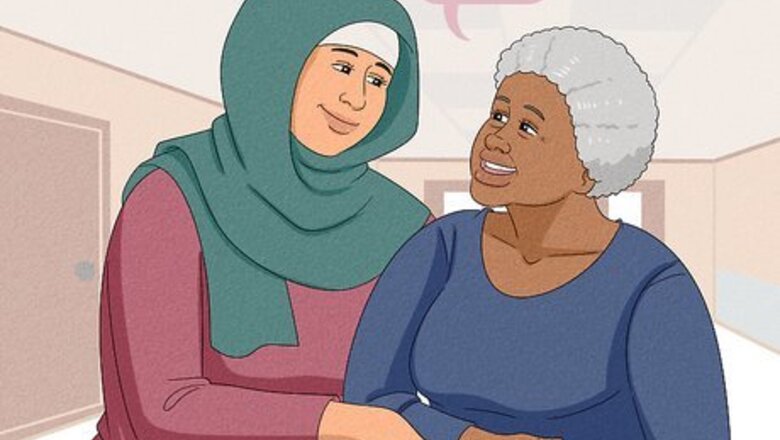
views
- “Grateful for you” is a heartfelt way to tell someone you appreciate them.
- You might say "Grateful for you" when someone does you a favor or offers you support.
- "Grateful for you" is similar to the phrase “I really appreciate you."
What does “Grateful for you” mean?

“Grateful for you” is another way of telling someone you appreciate them. Whether someone helps you with a task or takes care of you while you’re sick, the phrase “Grateful for you” is a thoughtful way to share gratitude. It’s more heartfelt than a simple “Thank you” because it highlights the other person’s impact on your life, plus places importance on their time, energy, and efforts. “Grateful for you” is a shortened version of the phrase “I’m grateful for you,” and it can be used in both casual and professional settings. Feel free to use this expression with friends, family members, romantic partners, colleagues, bosses, and anyone of higher authority.
When & How to Use “Grateful for You”

Say “Grateful for you” to let a loved one know you care about them. If a friend, family member, or romantic partner helps you with something or is always there for you in general, show your appreciation with this meaningful phrase. Expressing gratitude can boost their well-being and make them feel more comfortable around you. “Sarah, thanks for sticking up for me. I’m forever grateful for you” “Thanks for helping me out earlier. Grateful for you girl❤️” “Thanks for running that errand for me on Monday. I’m so grateful for you.”

Say “I’m grateful for you” to thank a hardworking colleague. If a coworker, client, or someone of higher authority goes above and beyond in the workplace, use this phrase to be professional and increase productivity. Highlighting someone’s hard work may motivate them to work harder because it shows their efforts don’t go unnoticed. “Thank you for working on the project with me, Steve. I’m grateful for you and your incredible editing skills.” “Jill, thank you for all your hard work over the past few weeks. Your last presentation looked wonderful, and I’m grateful for you.” “Thank you for helping me polish up my slides. I apologize for asking you at the last minute, but I think it turned out even better than we expected. I’m forever grateful for you!”
“Grateful for You” vs “Grateful to You”
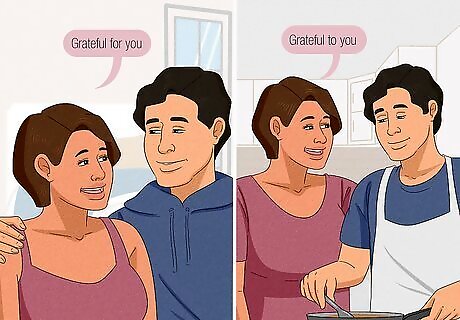
“Grateful for you” shows appreciation for a person, while “Grateful to you” shows appreciation for an action. Both phrases are thoughtful ways to express gratitude toward someone, but “Grateful for you“ means you’re thankful for their existence. In other words, you’re lucky just to have them in your life. “Grateful to you,” on the other hand, is more commonly used when someone helps you out—you’re thankful for a specific task, favor, or action they’ve taken. Both “Grateful for you” and “Grateful to you” can be used in casual and professional settings, but "Grateful for you" is typically said to someone you've known for a longer period of time.
Alternative Phrases

“I really appreciate you.” If you want to recognize someone’s help or just thank them for being who they are, keep it simple with this polite and friendly phrase. It’s short, sweet, and straight to the point, and you can use it in both casual and formal settings—in person or over email and text. “I really appreciate you, Alicia. Thank you for always telling me the truth and being a loyal friend. I feel so grateful to have you in my life.”
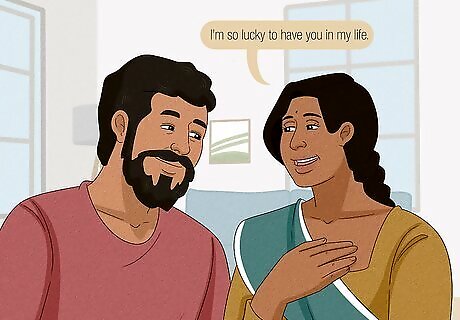
“I’m so lucky to have you in my life.” Want to stress how much someone means to you? Use this heartfelt expression to make them feel seen, heard, and valued. It’s one of the best compliments you can give a loved one, so say it to friends, family members, and romantic partners to strengthen your relationship and show your support. “Babe, I’m so lucky to have you in my life. Thank you for being the most incredible partner and showering me with love and support.”

“I’m grateful for your time.” Trying to thank someone in a sincere and personal manner? Take a moment to reflect on how they helped you, and be specific about what you’re grateful for. Whether they ran an errand on your behalf or spent extra time walking you through a task, bring attention to their skills and character to be extra appreciative—whether you’re in a casual or professional setting. “I’m grateful for your help. Without your guidance, the assignment would have taken me an extra 2-3 days.”

“Is there any way I can help you?” If it feels like words aren’t enough to show your gratitude, offer to return the favor when the opportunity arises. This question is one of the best ways to convey thanks because it shows you’re willing to act on your appreciation, instead of just talking about it. You: “Thank you so much for helping me on the project! Is there any way I can help you?”

“I cannot thank you enough.” When someone goes above and beyond to help you out, use this popular phrase to show deeper appreciation for their efforts. It’s a more warm and friendly way of saying “Thank you,” and by communicating your appreciation in a genuine way, you can develop a stronger bond with the other person. “Brock, thank you for helping me on this account. Your insight made a huge difference, and I cannot thank you enough!”














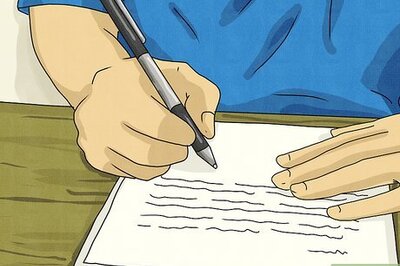



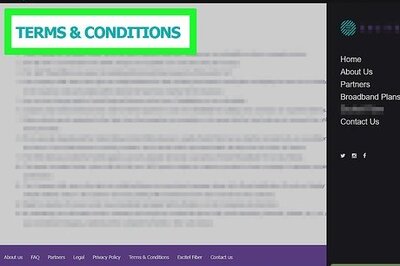
Comments
0 comment